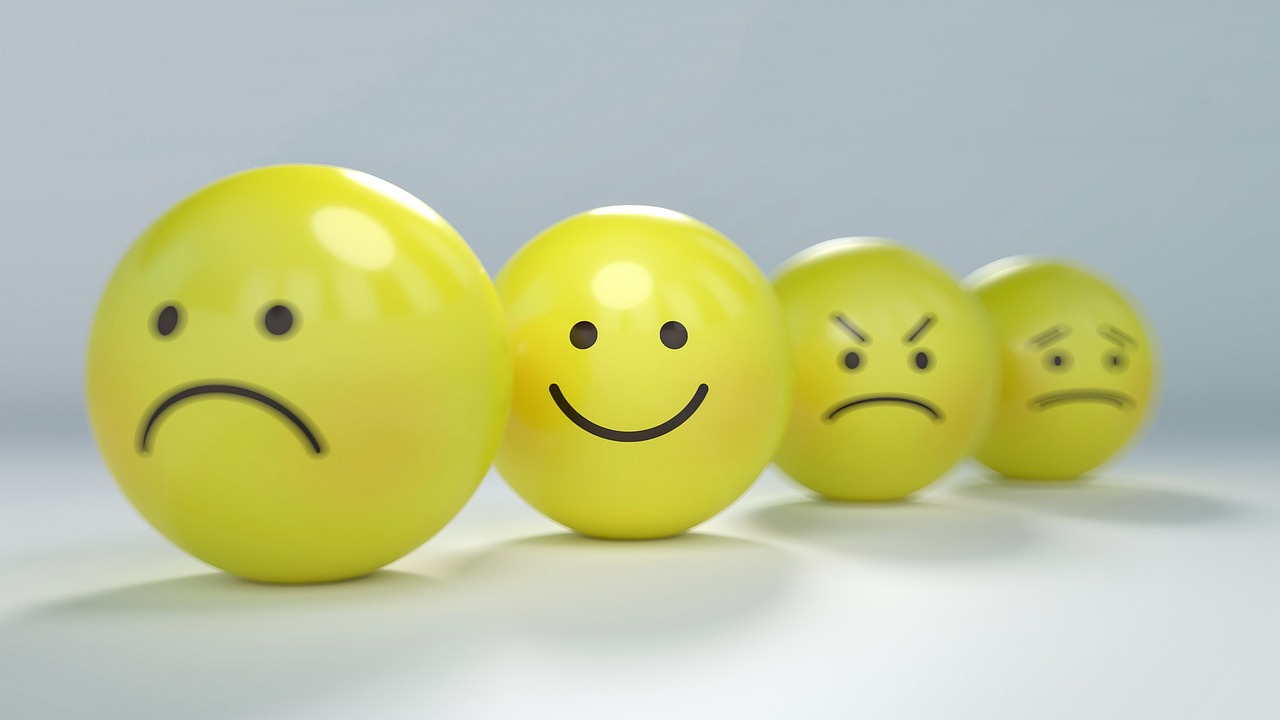When we think of mental health, it’s easy to think of it purely in terms of how our mental worries, concerns and troubles might affect it. We can get depressed because something sad has happened in life, and we can develop stress disorders from difficult relationships and situations.
However, our mental health is just as much affected by how we take care of ourselves physically. Here, we’re going to take a look at the mind-body connection, and why caring for the body is the same as caring for the mind.
Table of Contents
Regular Exercise Can Be a Serious Mood Booster
The benefits of regular physical activity are so comprehensive, that we could spend the entire rest of the post looking at the various ways it can benefit your mental and emotional health alone.
However, sticking with the main points for now, aside from improving cognitive and executive function, routine exercise helps to boost your mood, such as by releasing positive neurotransmitters like endorphins, known as the runner’s high, which can not only lift your mood but can also make you feel like you have a boost of energy, even after you’ve just finished working out and long-after.
Of course, it’s a good idea to pick activities you enjoy doing in order to make sure that you stick with them for long enough to feel those benefits.
A Healthy, Balanced Diet Keeps the Brain Ticking
A good level of physical activity is one side of the healthy living coin, so naturally, we have to look at the other side: a balanced, nutritious diet. Food can improve your mood in a wide range of ways. The nutrients that the body absorbs ensure that the brain is working effectively, not just the body.
Eating regular meals and never skipping can help you avoid the low energy and bad temper that comes from low blood sugar, while healthy fats and whole grains not only keep your cognitive function high but help your brain better regulate your mood.
Meanwhile, junk food that is high in trans fats, sugar, and empty carbs can have much the opposite effect, making you feel more mentally sluggish.
Sleep is Vital for Refreshing Your Mind
The specific role that sleep plays, and why we need it, is a question that we haven’t been able to answer to this day. However, the damage we can do if we don’t get a good quality or quantity of sleep, and the health benefits of sleep are both very well known at this point.
Without enough sleep, not only are we likely to experience higher levels of sleep, because we’re not as able to regulate cortisol, the stress hormone, but we can also become more mentally sluggish, having a lower ability to focus and pay attention, as well as worse memory. Sleep has plenty of impacts on both our mind and body, so it’s vital to ensure that we get enough.
Physical Relaxation Causes Mental Relaxation
The impact of stress can go a lot further than just our relationship to sleep. For instance, while stress might sound like it’s most commonly a mental experience, it also has significant physical symptoms, such as causing the body to tense up.
As such, finding ways to physically treat the tension in the body, such as with massage therapy, can help to undo the physical symptoms of stress, which in turn can relax you enough to help diminish the mental symptoms, as well.
Smoking Can Have Long-Term Mental Effects
If you ask a smoker, then they might say that their experience of getting that hit of nicotine is one of relief and relaxation. Indeed, it can very much feel like the body is experiencing some freedom from stress and anxiety, and that smoking helps you relax. However, in reality, it does the opposite.
Smoking causes tension to build up, in large part because the mind begins to crave nicotine, and when these cravings hit, they can be very strong to the point of making it difficult to focus on anything else for too long.
When it feels like the body is relaxing after, that’s because the cravings have been sated, so the stress caused by the cravings is able to go away. In this way, smoking negatively impacts both physical health and mental health.
Caffeine is Complicated
Unlike smoking, the impact of caffeine on mental health is not as readily and completely negative. When drinking too much, caffeine can cause some people to experience anxiety, and it should be avoided by anyone with insomnia or other sleep difficulties.
When someone drinks it regularly by habit, being apart from caffeine can cause withdrawal symptoms as well, as well as headaches that can worsen your mood.
However, when taken in smaller doses, and not too often, caffeine can energize the brain, improve cognitive performance, and may even stimulate dopamine, a feel-good chemical in the brain that can help with depression. As such, a little coffee can do a lot of good for a lot of people, but a lot of coffee tends to be less effective.
The Opposite is Often True Too
While we have looked at examples of how your physical health can impact your mental well-being, it’s important to recognize that the relationship goes both ways. In fact, it can often be cyclical.
Mental health issues such as depression and anxiety often affect physical dependencies such as alcohol and drug abuse, for instance.
Back to the example of sleep, while poor sleep can exacerbate trouble you are having with stress, stress can also make it difficult to sleep by causing the body to tense up and the mind to be more alert.
Low dopamine due to mood disorders can cause people to turn to more and more extreme sources of stimulation, as well. The mind-body connection works both ways and so closely that there’s almost no distinction between the two.
In Conclusion
If you’re ever looking to address your emotional and mental health, then a holistic approach is often the best. This means taking care of your body and ensuring a good physical lifestyle, as well as addressing the causes of mental pain or unease.
Physical health and mental health go hand in hand and both are equally important for optimal wellness.
Images from Pixabay


2 thoughts on “How Your Physical Health Affects Your Mental Health”